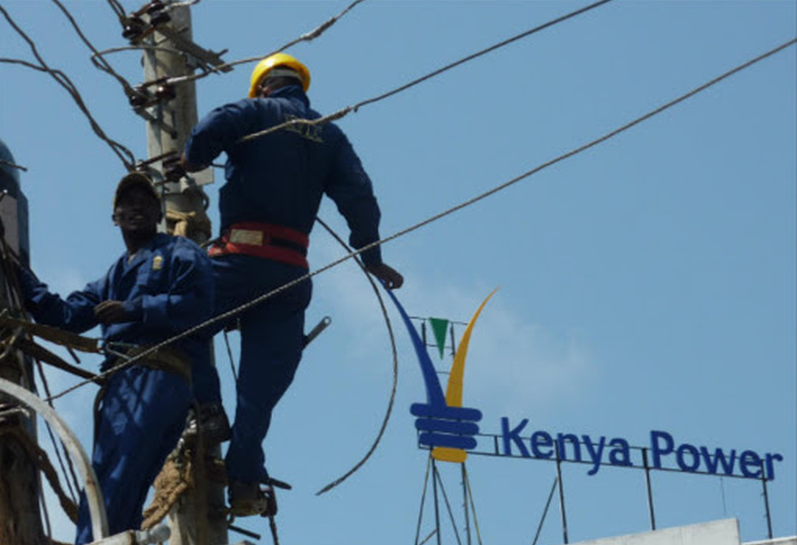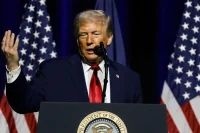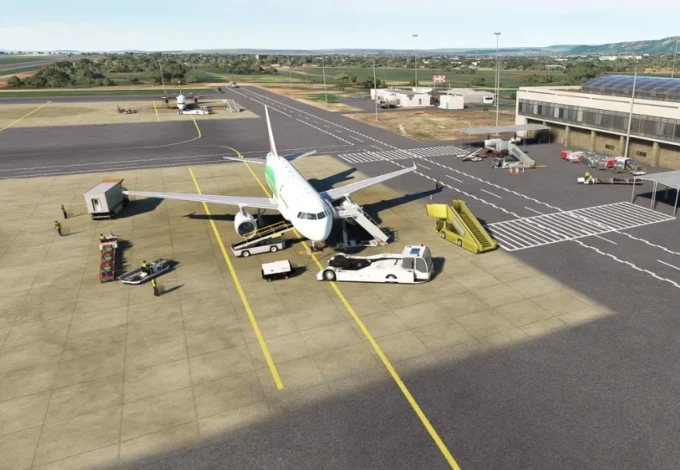Competition fosters economic welfare and makes markets work for development, the World Bank Group acknowledges, stating that it supports clients in promoting and implementing pro-competition rules in key sectors, deterring anticompetitive business practices, and minimising distortive government interventions in markets. However, this is not true today.
In recent news, the World Bank has expressed opposition to the Kenyan government’s plan to allow independent and private electricity producers to sell power directly to consumers by the first quarter of 2025, a move that would end the monopoly held by the Kenya Power and Lighting Company (KPLC).
Before approving a Ksh78.3 billion ($606.1 million) loan to Kenya, in a high-level meeting in Washington, D.C., USA, the Bretton Woods institution, on behalf of the International Monetary Fund (IMF), warned National Treasury officials, including Cabinet Secretary John Mbadi, that breaking up KPLC’s monopoly would lead to higher electricity prices for consumers, rather than the anticipated reduction in average costs from increased scale.
> Kenya Power Profit Shock: From Loss to Sh30 Billion Net Earnings
Although the IMF agrees that prices under perfect competition are usually the lowest, it argues that because KPLC is a contestable monopoly, it would face the threat of new entries if independent and private power firms create incentives for efficiency and competitive pricing, should the plan proceed.
In the long run, new entrants would likely reduce electricity price margins and push less efficient firms out of the market, including the state-owned utility company, as its profits diminish when many consumers, especially commercial and industrial clients who account for about 51.2% of its revenues, switch to cheaper power providers.
“Small-scale consumers may face higher tariffs due to the potential end of cross-subsidisation, as more lucrative customers may leave Kenya Power,” the IMF stated.
In simpler terms, the World Bank and IMF explained that KPLC would be compelled to sell electricity at higher prices to small-scale and household consumers, who are currently connected to its power lines and would likely not shift to other suppliers. This is because KPLC would still need to honour long-term wholesale electricity agreements with power generators like KenGen, Lake Turkana Wind, and OrPower4, which have durations exceeding 25 years, unlike independent electricity producers who may even be allowed to import power.
“On the open access draft regulation, the World Bank has cautioned that this could have macro-fiscal implications, particularly for Kenya Power, which has already committed to long-term, fixed power purchase agreements with several independent power producers.”
These concerns come amid complaints from consumers that KPLC’s monopoly has led to several issues, including high electricity prices that burden the average Kenyan, inefficient distribution resulting in frequent blackouts, a lack of transparency, corruption, and economic inequality due to industry control by a few elites.
In 2023, Kenya’s household electricity prices ranked as the second highest in Africa. However, in 2024, Kenya Power announced a 14% tariff reduction due to lower fuel prices and a stronger Kenyan shilling.
> KPLC to Build 35 New Electric Vehicle Chargers





![Interior PS Dr Raymond Omollo during a consultative meeting with Japan International Cooperation Agency (JICA) Kenya Chief Representative Shinkawa Makoto. [Photo/Dr Raymond Omollo/Facebook]](https://businesstoday.co.ke/wp-content/uploads/2026/02/Ray-200x133.webp)




![Interior PS Dr Raymond Omollo during a consultative meeting with Japan International Cooperation Agency (JICA) Kenya Chief Representative Shinkawa Makoto. [Photo/Dr Raymond Omollo/Facebook]](https://businesstoday.co.ke/wp-content/uploads/2026/02/Ray-680x454.webp)


Leave a comment